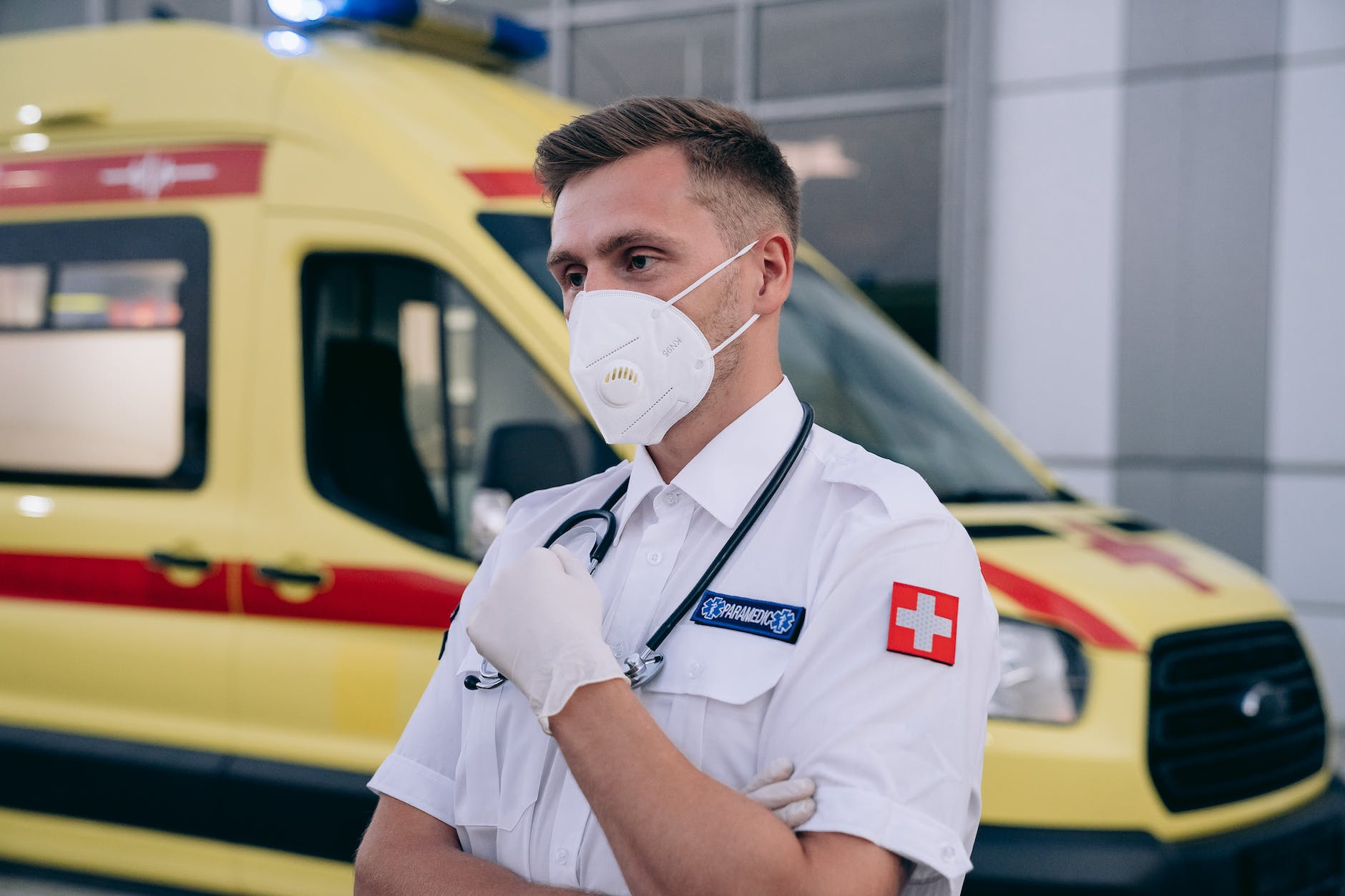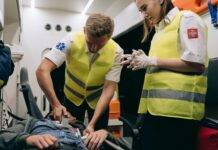
First Responder: The Unsung Heroes of Emergency Situations
First Responder : In times of crisis and emergencies, there’s a group of dedicated individuals who step up without hesitation, putting their lives on the line to provide immediate assistance and care. They are the first responders, the unsung heroes who play a critical role in saving lives, ensuring safety, and stabilizing situations until further help arrives. This article dives into the world of first responders, shedding light on their crucial responsibilities, training, challenges, and the immense value they bring to our communities.
Introduction
When emergencies strike, whether it’s a medical crisis, a fire, a natural disaster, or any situation requiring immediate attention, first responders are the ones who rush to the scene. Their timely intervention can mean the difference between life and death, stability and chaos. These dedicated professionals are highly trained to provide essential care and assistance during those critical moments.
The Role of First Responders
First responders are the front line of emergency services. Their primary role is to assess the situation, provide initial medical care if required, ensure the safety of the surroundings, and initiate the appropriate protocols. They are often the first to arrive at the scene and act as a bridge between the emergency and more specialized medical, fire, or law enforcement personnel.
Types of First Responders
Emergency Medical Services (EMS) Personnel
EMS personnel, commonly known as paramedics and emergency medical technicians (EMTs), are trained to deliver medical care on-site. They provide life-saving interventions, administer medications, and stabilize patients for transportation to medical facilities.
Firefighters
Firefighters are not only responsible for extinguishing fires but also for rescuing individuals from hazardous situations. They are trained in handling various emergencies, including structural collapses, hazardous material incidents, and vehicle accidents.
Law Enforcement Officers
Police officers play a critical role in maintaining order during emergencies. They secure the scene, manage crowds, and ensure the safety of all individuals involved. Their presence helps create a controlled environment for other responders to carry out their duties.
Training and Preparation
First responders undergo rigorous training to ensure they are well-equipped to handle a wide range of emergencies. Their training covers medical procedures, search and rescue techniques, crisis management, and effective communication skills. Continuous training and simulations prepare them for the unexpected challenges they may face.
Challenges Faced by First Responders
Physical and Mental Stress
The demanding nature of the job exposes first responders to physical strain and mental stress. Long hours, physically demanding tasks, and exposure to traumatic events can take a toll on their well-being.
Risk and Danger
First responders often place themselves in dangerous situations to save lives. They confront risks such as collapsing structures, hazardous materials, and unpredictable environments.
Emotional Toll
Witnessing traumatic events and dealing with human suffering can lead to emotional distress. First responders require strong emotional resilience to cope with the emotional toll of their work.
The Importance of Quick Response
Quick response is crucial in emergencies, as it can prevent further harm and improve outcomes. First responders’ ability to swiftly assess the situation and provide immediate care significantly impacts the chances of survival and recovery.
Community Impact and Gratitude
First responders have a profound impact on the communities they serve. Their dedication and bravery inspire gratitude and respect, bringing communities closer together and fostering a sense of security.
Technology’s Influence on First Response
Advancements in technology have revolutionized first response efforts. From advanced medical equipment to communication tools, technology enhances the effectiveness and coordination of first responders in the field.
The First Responder Lifestyle
The life of a first responder is demanding yet rewarding. The satisfaction of making a difference and saving lives often outweighs the challenges they face. Camaraderie among fellow responders forms a strong support system.
Supporting First Responders
Communities can support first responders by recognizing their sacrifices, advocating for mental health resources, and offering assistance to their families. Recognizing their efforts boosts morale and encourages them to continue their vital work.
Conclusion
First responders are the backbone of emergency response systems. Their dedication, courage, and quick thinking save lives and ensure public safety. As we reflect on their indispensable role, let’s remember to show our appreciation for these unsung heroes who stand ready to serve us in our times of greatest need.
Choking Relief: How to React Swiftly and Safely
FAQs
Q1: Are first responders only found in urban areas? A: No, first responders are present in both urban and rural areas, ensuring help is available regardless of location.
Q2: How can I express my gratitude to first responders? A: Simple gestures like saying “thank you,” writing letters of appreciation, or supporting organizations that assist first responders can convey your gratitude.
Q3: What challenges do volunteer first responders face? A: Volunteer first responders often juggle their emergency duties with their regular jobs and personal commitments, which can be challenging.
Q4: How has technology improved first response efforts? A: Technology has enabled real-time communication, better medical equipment, and improved coordination among different responder teams.
Q5: How can communities better support the mental health of first responders? A: Communities can provide access to counseling services, create safe spaces for open discussions about mental health, and raise awareness about the importance of mental well-being in the field of first response.
























